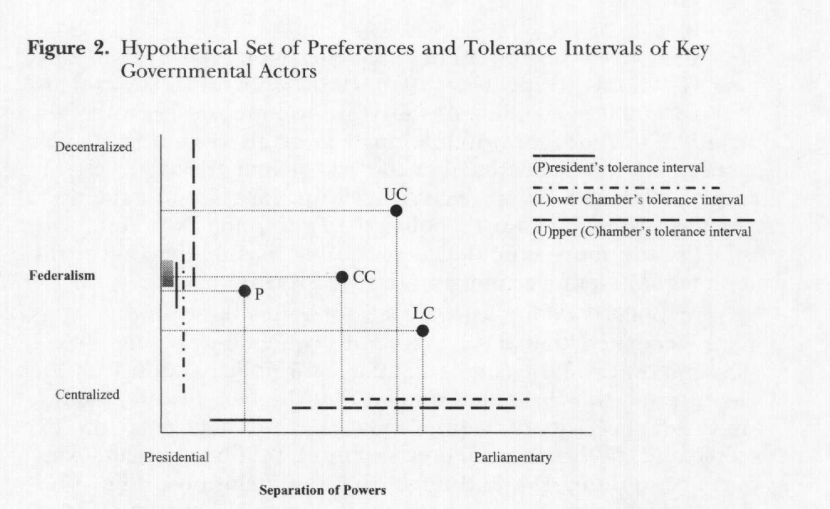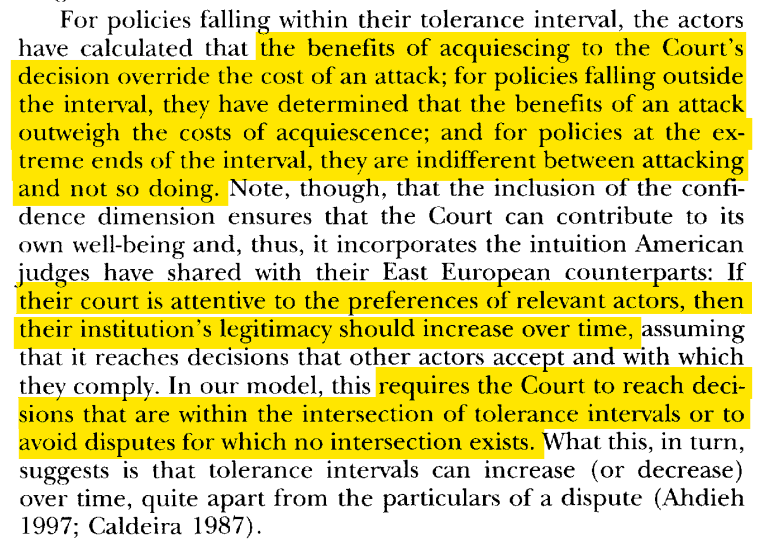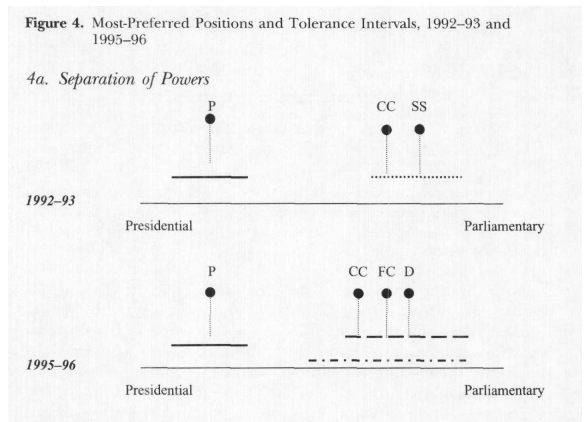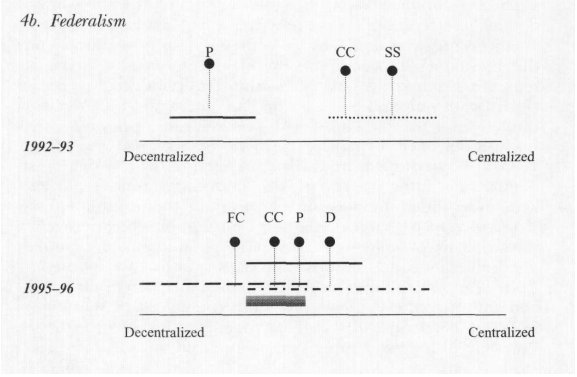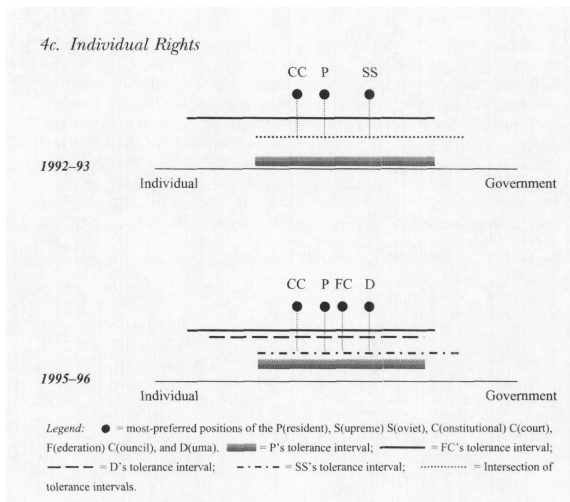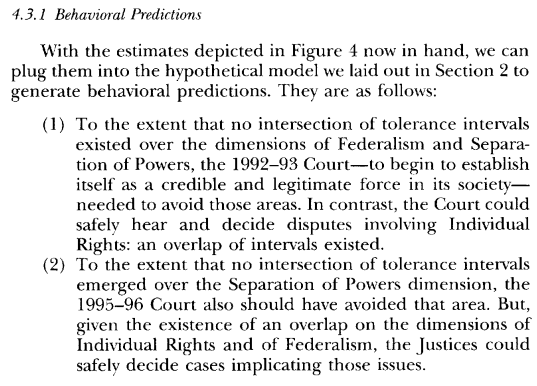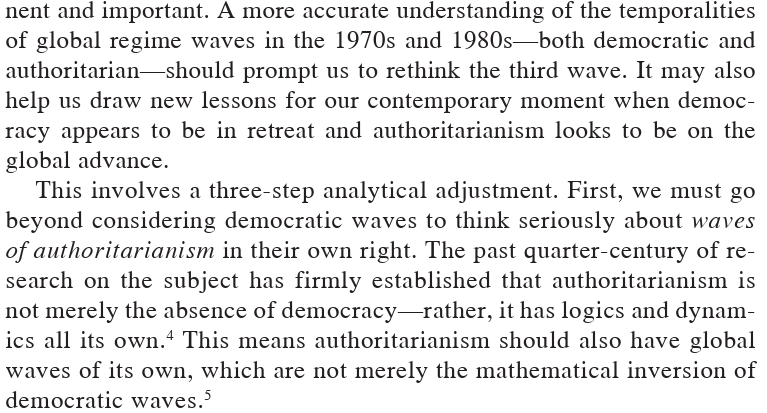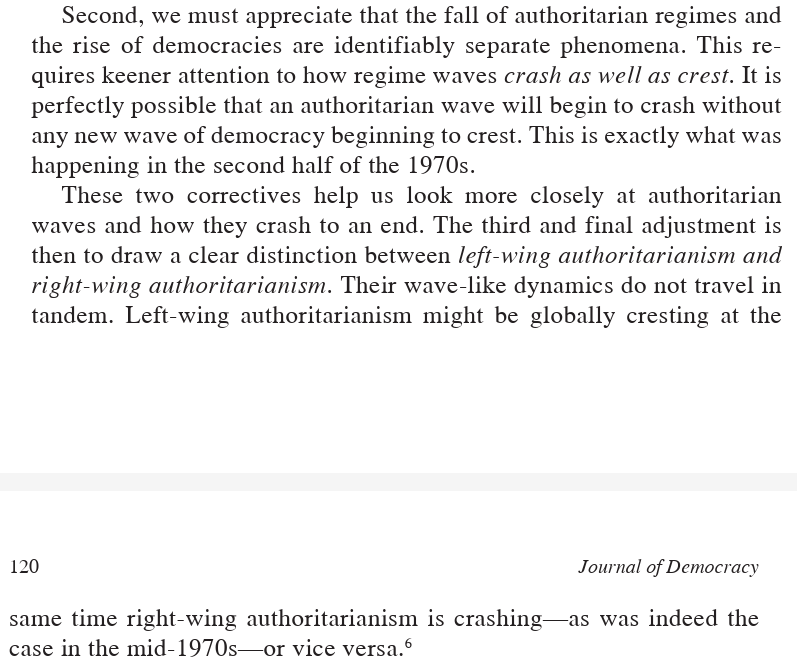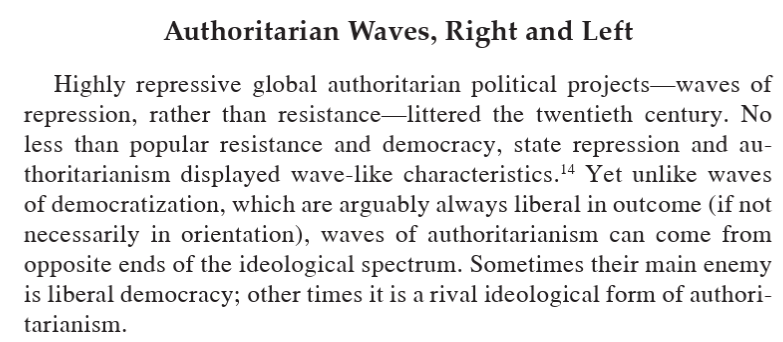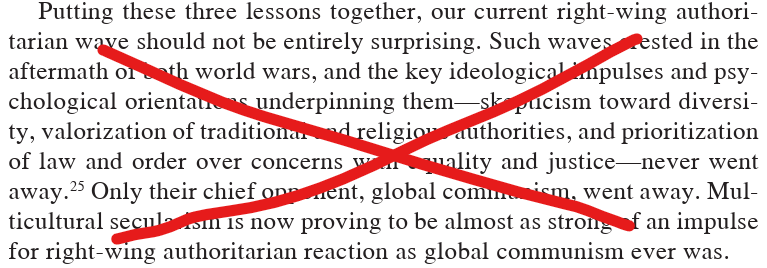I have a bunch of followers who are 'democracy skeptical' (hi guys!). I'm open to the perspective, not least b/c it's a research interest. Still, there's a tendency to portray it as 'tyranny' while missing what modern democracy really is: 'inclusive institutionalized oligarchy.'
I think that's a good way to view democracy as a governance structure. Get beyond the fact that modern democracy isn't ancient democracy (yes, duh, boring - move on). Accept it's not utopian equality or people's government or whatever the textbook promised you in high-school.
Inclusive: entrance into the political system isn't formally reserved for certain classes or groups. You can join a party, work in politics, campaign, agitate, and opine, plus you get to vote. That vote can even matter sometimes. This is distinct from many systems!
Institutionalized: politics are standardized with long time-horizons due to a staccato of regular elections determining leadership. Parties can be strong or weak, centralized or decentralized, but they contour and coordinate all political activity. This is pure Huntington btw.
Oligarchy: the path to political decisions is built thru a small set of parties (2 or more) that compete w/ each other. They fill plenary institutions like legislatures, inform who becomes secretaries, ministers, & agency boards. And oligarchic competition creates apex leaders.
You can still be a skeptic. Maybe you don't like this system. Maybe it's short-termist. Maybe it's prone to cartelization. Maybe it builds in bad veto points or disincentivizes decision-maker willingness to make hard choices or pursue other social goods. Fine!
But we can describe it neutrally. I like the Cathedral metaphor (explains the 2010s in the US well) and I appreciate the liturgy of liberalism thesis (expresses a good sense of ideological progression from the critical view). But structure matters and it's not *that* esoteric.
More to be said on this, but i think it's good for some skeptics to think more structurally - but less conspiratorially - than they sometimes do. Also this isn't a subtwit, I was just going to the grocery store for wine and was pondering.
If you think this is a pretty bloodless view of democracy (where are freedom, liberty, social justice, civil republicanism, arcs of history, veils of ignorance, Rule of Law ™️, abundance, and so on) you'd be correct. You're asking too much for a system. Democracy is a system.
There are good instrumental and normative arguments *for* modern electoral democracy (that's the proper term btw). But I won't list them now. Many are assertions, or only sometimes operate, or must interact w/ social capital, or nationalist ideologies, or cultural preferences.
The only outcome variable I'm absolutely convinced of is not econ growth, or civic trust, or even personal liberty. It's succession. Modern democracy is Good at stable, regularized leadership succession. Not the only model (hey monarchy & party-regimes). But 💯 top tier.
Final coda: this frame for modern democracy does *not* preclude semi-Caesarist leadership (in the US, see the FDR case, but also keep in mind De Gaulle). All it requires is such a figure to operate in the multiparty format and maintain the succession mechanisms of the model.
• • •
Missing some Tweet in this thread? You can try to
force a refresh


